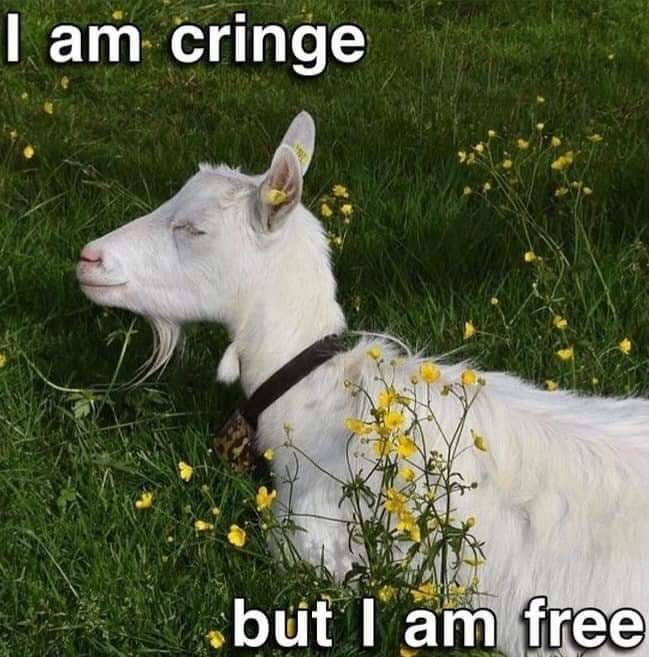
There’s a common greeting in organizing circles and among Black folks who may be related or know one another’s families that goes, “who are your people?” Those four words ask us to name our kinfolk, who and what we call home, and the people who call us to account when we need it.
Recently in my Native Mythologies of the Americas class, Dr. Monica Mody asked us to write a creation story for our people. In a moment of synchronicity1 not long after that class, a woman I hope to one day call friend asked me what I believe is the best way to go about attracting the communities we want to build. In essence I told her to build it and they will come.
When I think about the luminaries of myth studies and depth psychology (Campbell, Jung, Hillman, etc.), I understand what it looks like to be utterly driven by a creative impulse or a sense of purpose that it does not matter who or whether anyone likes what you create or thinks it’s weird; we must do the work. Cultivating a public creative practice and living as authentically as possible often feels lonely and cringey, but I must do the work and keep faith that I’m the right kind of weird that is lighting a homing beacon.
Who are your people?
Those moments of synchronicity recalled that question Black folks and organizers ask one another about community: who are your people? What follows are my notes from the writing prompt Dr. Mody offered in class, and a modified draft of what I shared that day.
Prompt: Who are your people? Write a Creation story for a world you want to imagine for your people. Ground that story in a physical aspect of the landscape of your people’s origin, and try to incorporate as many senses as possible.
My people are the dreamers, the weirdos, those who stare at the sky and imagine wading among the stars. We gather around the hearth to feed one another with love and tall tales of the time before the end of time when hubris ushered apocalypse to our doorstep, and we harnessed change and intention and magic beyond the brink. We held our hearts and our stories close, protecting ourselves from being torn asunder as the world devoured itself. We are the wayfarers, children of the Trickster, and we do not fear chaos for we have one another.
Per C.G. Jung, synchronicity is the concept that events can be related in ways other than cause and effect and manifest as meaningful coincidences that hold personal significance or symbolic value for individuals. See page 12: Jung, C. G. Synchronicity: An Acausal Connecting Principle. Translated by R F C. Hull, Princeton University Press, 2010.




“I must do the work and keep faith that I’m the right kind of weird that is lighting a homing beacon.” So good. I guess that’s why we keep reading your words.